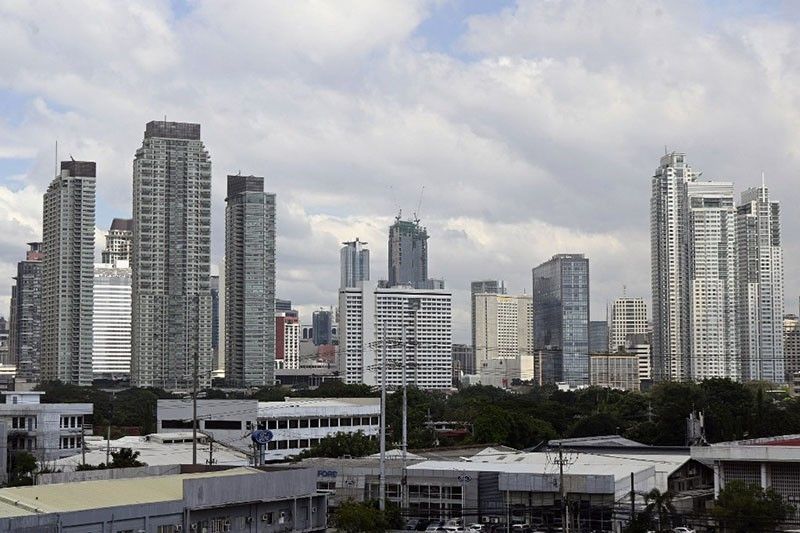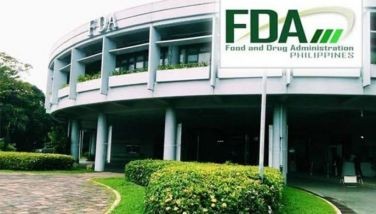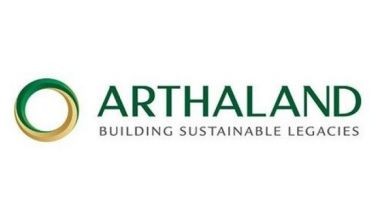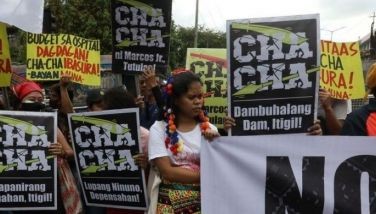Making positive changes through good governance in the Philippines

Good governance is fundamental to social and economic progress. It promotes trust in society, empowers citizens, and fosters opportunities for sustainable development.
In light of this reality, it's critical to focus on the potential of creating positive social change through better governance policies in countries like the Philippines. As a nation that has experienced decades of political turmoil and entrenched inequality, breaking down barriers and building up hope start with making sure people are equipped with the tools needed to participate meaningfully in their government’s decisions.
In July 2023, a Stratbase ADR Institute-commissioned Pulse Asia survey revealed that, of 1,200 respondents, a large majority -- 84% -- of Filipinos believe that the government must step up its fight against corruption. Moreover, in Transparency International's 2022 Corruption Perceptions Index (CPI), the Philippines came in the 166th place out of 180 nations.
Fortunately, hopes of progress and positive changes in Philippine society are being pushed forward by strong forces of good governance. The mission to break down significant barriers and build up promising prospects is gaining powerful momentum, allowing us to truly believe that a brighter future lies ahead for everyone in the country.
The Philippine Open Government Partnership (PH-OGP) was institutionalized last June 2023 when President Ferdinand "Bongbong" Marcos Jr. signed Executive Order No. 31.
The EO set long-term commitments to an open government, focusing on moving forward on mechanisms that can be used in the digital age, tapping the potential of technology to make governance and policy-making more accountable and transparent, and preserving democracy through key institutional reforms.
As one of OGP’s eight founding governments, the PH-OGP has been engaging in a number of reforms and initiatives that are aimed not only at strengthening democratic processes and ensuring better public participation, but also at advancing digital transformation and improving access to public information, among others.
The DBM's efforts to promote good governance also extend beyond executive orders. DBM has also recently launched its 2022-2026 Digital Transformation Roadmap as a means to support the administration’s ongoing digital transformation to enhance bureaucratic efficiency and ensure sound fiscal management.
DBM also plans to submit to Congress its suggested amendments to Republic Act No. 9184, generally known as the Government Procurement Reform Act, in an effort to further increase government transparency and better public expenditure.
Marcos has repeatedly urged government officials to "uphold accountability and inhibit corruption" as he sought support for legislation like the E-Governance Act, which will institutionalize digitalization in the bureaucracy, and the creation of a single operating system for all government transactions to guarantee the ease of doing business and, in turn, encourage investments.
Earlier this year, he also stressed the importance of transparency and accountability in all of his administration's decisions, particularly as they expedite major projects.
In an effort to heed the call of the president, more than a hundred mayors from around the country formed "The Mayors for Good Governance" and pledged to "uphold the principles of good governance" and look out for the interests of their constituents.
As they, too, pledged to a "comprehensive blueprint" that would direct their actions during their tenure, these elected officials vowed to "maintain the highest standards of integrity and transparency in all aspects of governance... driven by honesty and accountability, ensuring that the public’s trust in our office remains our foundation for our service."
At Democracy Watch Philippines (DWPh), we support these initiatives, as we believe that fostering transparency and accountability in government institutions is an essential part of good governance. It plays an important role in ensuring citizen participation and promoting trust between citizens and their governments.
This week, DWPh will attend The Southeast Asia Network for Transparent and Accountable Governance (SEANTAG) Regional Dialogue, a two-day event in Jakarta, Indonesia, that is part of the 2023 ASEAN Civil Society Conference/ASEAN People’s Forum Agenda.
The dialogue will highlight and reaffirm government, civil society, and private sector collaboration in advancing the ASEAN's agenda for transparent and accountable governance, and to support national and regional strategies and education in line with the United Nations Convention Against Corruption (UNCAC) and ASEAN Community Sectoral Blueprints.
The whole of society has the responsibility to build a culture of transparency and accountability in their respective institutions, and we believe that this dialogue is instrumental to bringing us closer to that goal.
Good governance is at the heart of nation-building as it creates an environment wherein citizens are enabled to engage meaningfully with their government, hold it accountable for its actions, and trust that it will deliver on its promises.
For decades, the people of the Philippines have faced countless obstacles in making positive changes to their society and government. These issues range from poverty, and lack of economic growth to institutional corruption which has caused difficulty for Filipinos in leading equitable lives.
Good governance is essential to achieving social progress throughout the world. There is now an opportunity for improved decision-making processes in the Philippines' public sector that can help break down these barriers while simultaneously building up hope among us citizens.
Krystyna Louise C. Dy is the director of Programs and External Affairs of think tank Stratbase ADR Institute (ADRi) and the former Sangguniang Kabataan (Youth Council) president and board member of the provincial government of Isabela. She is also a co-convenor of Democracy Watch Philippines, a citizen-led democratic initiative, and a project of ADRi.
- Latest

























